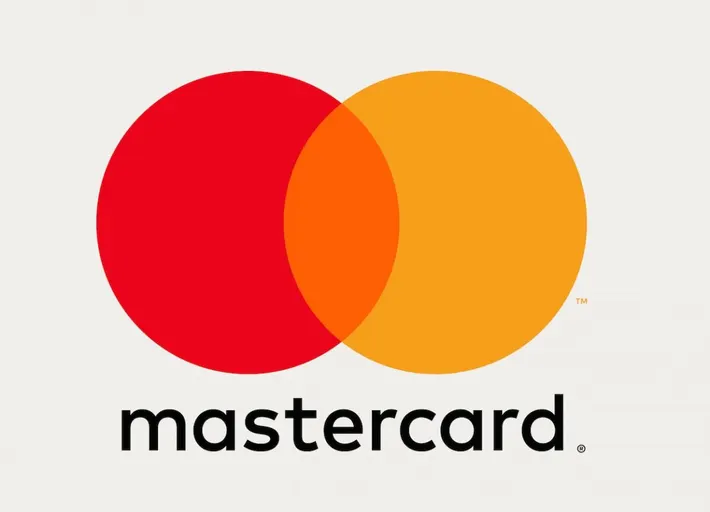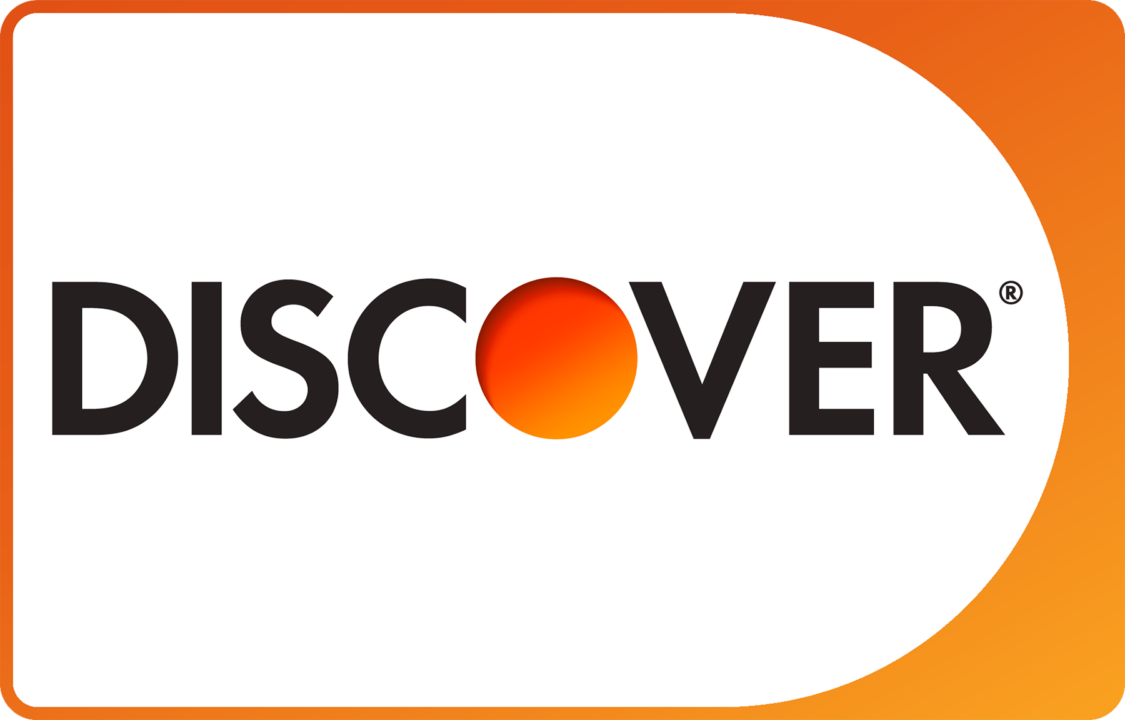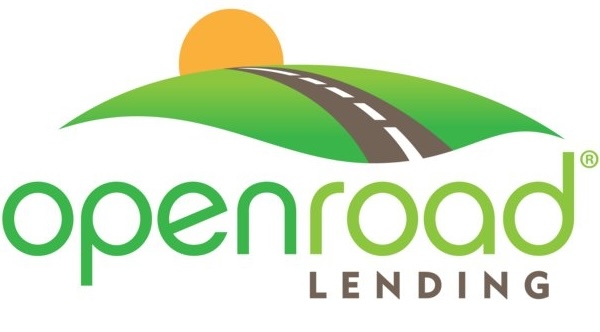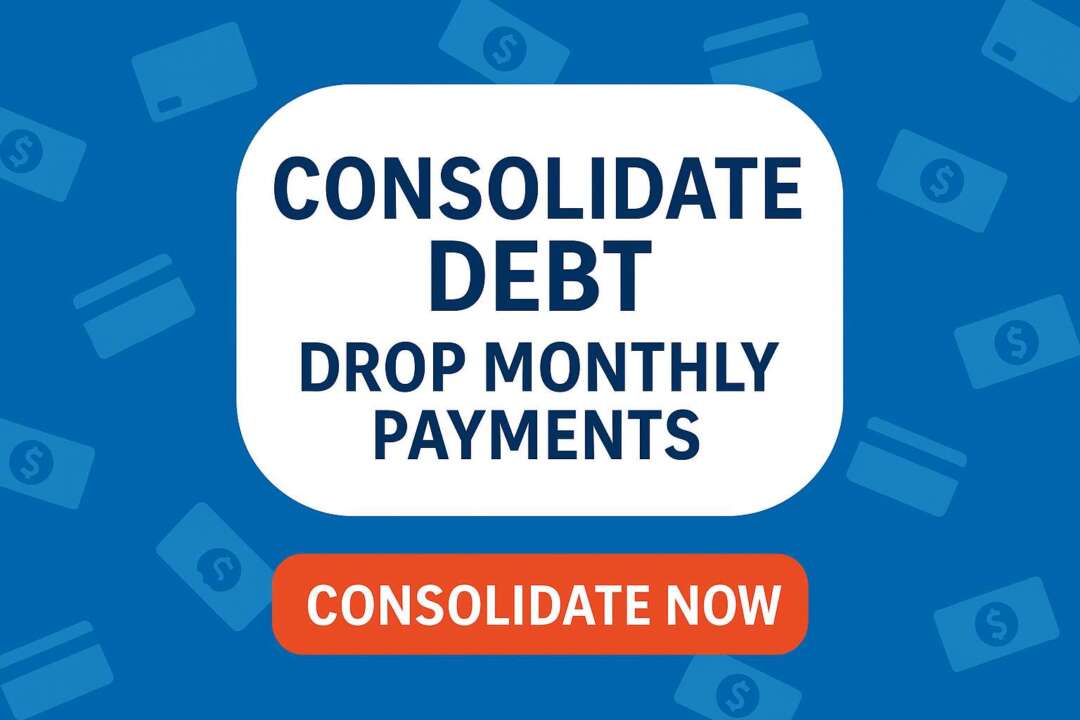What credit score matters when buying a house to get the best rates?
When you are buying a house your lender will almost certainly review a credit score from all three major credit bureaus. Almost universally, they will be reviewing your FICO 2 credit score from Experian, your FICO 4 credit score for Transunion and your FICO 5 credit score from Equifax.
This may seem odd but these are all very nearly the same credit score model. However, at the time of development, the credit files were not standardized to the point where the credit score model could be built once and used with all three credit bureaus.
What credit score do I need to buy a house?
Typically the absolute minimum credit score to get a mortgage is 580. That means you need at least a 580 on each of the credit scores above. This does not guarantee approval, but is a minimum requirement. Here’s a quick summary of credit scores, but this will be based on the lowest of the 3 credit scores..
760 – 850: You will likely qualify for the lowest mortgage rate from the lender.
720 – 759: You will get a low rate, barely higher than the lowest, if not the lowest.
680 – 719: Your rate may be 1 to 2% higher than the lowest offered.
580 – 679: Your rate may be significantly higher than the lowest rates offered.
Why are my scores different?
The three credit scores used when getting a home loan will almost certainly be different from each other. Though most of the time the scores are within a 20 point range. However, these scores, like all other scores, still depend on the data. If one credit bureau has extra or is missing data compared to the others, the scores could vary by much more. Especially if that extra data is a collection account.
Where can I get these scores?
If you are planning to buy a house and preparing for a mortgage, you will want to look at all of your relevant scores. The best place to get them is from myfico.com. Here you can get your credit report from all three major bureaus, all of your FICO scores, not just the ones used for mortgages, and some additional tools like their credit score simulator. It does come at a cost of $39.99 per month but the upside of paying for this, aside from getting your credit scores, is that they do not try anything to you unlike most free credit score websites.
How different are these scores from the free score I get?
Most of the time, the difference between FICO scores and the VantageScore scores that you get for free are minor. Usually between 10 and 20 points. If you have a long history of good credit, and few negative items, all of your credit scores will usually be similar. However, some advances in modeling and computer power have allowed new scores, FICO 10 and VantageScore 4.0, for example, to handle much more complex variations of credit usage. These stronger models can sometimes give drastically different scores from the older FICO scores. Your mortgage credit scores may be much higher or lower.
Why do mortgage companies not use the newer scores?
In a word, regulation. Mortgage companies’ processes are closely reviewed by the government and they are held to very high standards when it comes to preventing discriminatory practices. Each of their processes are measured in numerous ways to ensure that their lending practices are not discriminatory. These older FICO scores have been accepted by regulatory authorities as non-discriminatory. Hence, using these scores is presumed to be best practice in preventing discriminatory outcomes. It is likely that if and when, then newer scores are accepted to non-discriminatory, mortgage lenders will likely begin updating their processes.
























